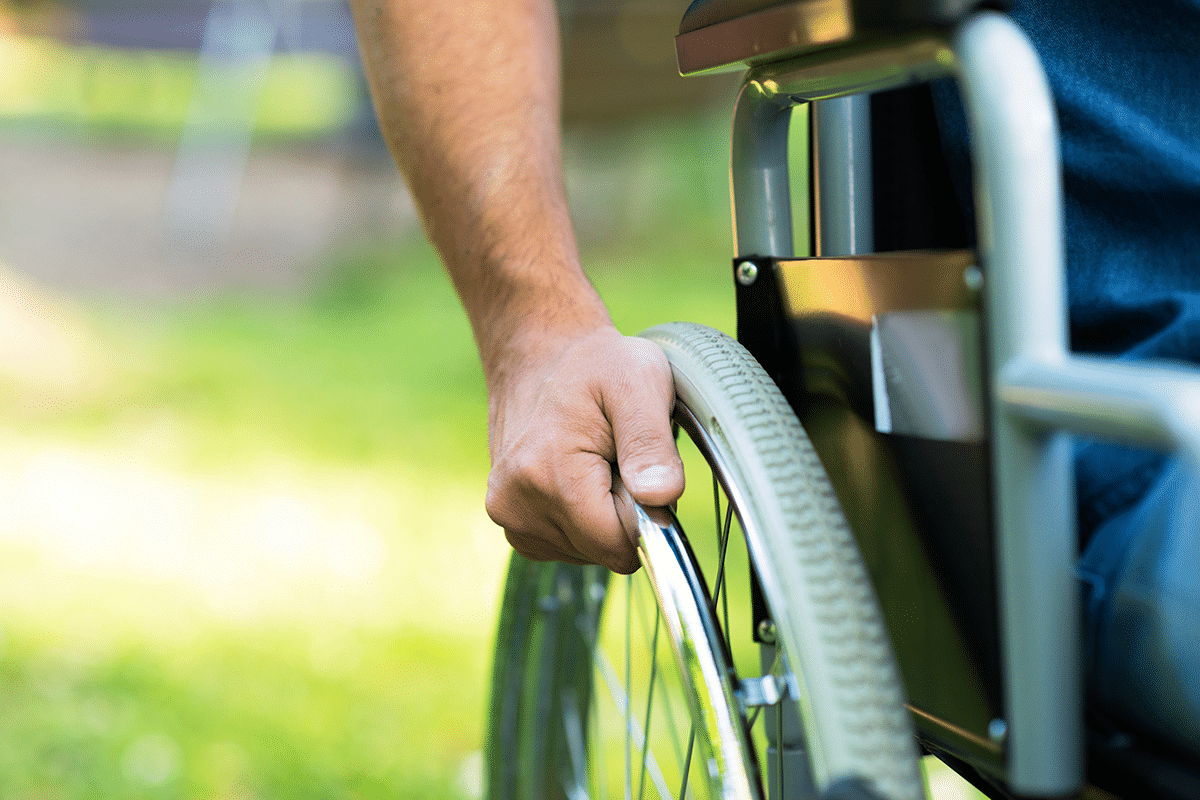Excerpted from CBD: What Does the Science Say? by Linda A. Parker, Erin M. Rock, and Raphael Mechoulam, published by MIT Press (2022, 309 pp.).

A massive proportion of medicinal hashish patients are employing hashish to address ache syndromes, particularly for chronic pain alleviation. Cannabis use for unmanageable ache has been demonstrated to reduce the dose of opiates necessary to achieve ache control, suggesting opioid-sparing results. Despite the fact that no released clinical trials have clearly shown this opioid-sparing effect with CBD by yourself, in accordance to www.clinicaltrials.gov, registered medical trials are investigating the interaction of CBD and morphine results on pain sensitivity (NCT04040442) and abuse liability (NCT03679949).
Animal types suggest that CBD is usually ineffective in minimizing acute ache when administered systematically, but this may possibly be simply because inadequate amounts of CBD are achieving the mind to make an analgesic effect. When CBD is combined with THC or morphine, it can potentiate the analgesic effects of these compounds to minimize acute agony, and analogs of CBD also look to have analgesic consequences in acute ache products in animals.
In animal types of neuropathic ache, CBD is productive in avoiding the growth of selected varieties of chemotherapy- and diabetes-induced suffering, as very well as the therapy of already proven chemotherapy-, spinal wire injuries-, or publish-operative-induced neuropathic soreness. Indeed, a scientific research with topical CBD improved pain rankings in neuropathic pain individuals. Nabiximols [an oromucosal tincture with 2.7 mg THC and 2.5 mg CBD per spray] has also been revealed to minimize suffering and allodynia in neuropathic soreness sufferers, with advancements maintained for an whole yr.
In animal styles, when administered prior to or subsequent the initiation of swelling or arthritis, CBD can abolish neuropathic agony indications and lower the linked swelling. Nabiximols (marketed as Sativex) has also been revealed to decrease suffering in rheumatoid arthritis patients who were unresponsive to standard remedies. These conclusions recommend that CBD may be an adjunct treatment to look into in inflammatory suffering conditions these kinds of as arthritis.
CBD’s anti-inflammatory effects have also been shown in animal styles of mind harm owing to interrupted blood stream to the brain. CBD procedure in just eighteen hours can cut down mind mobile damage and swelling and restore mind action. In animal and cellular models of gastrointestinal tract inflammation, CBD has anti-inflammatory effects and restores the integrity of the gut lining. A handful of human scientific studies also propose that CBD may perhaps make improvements to inflammatory bowel disease signs and restore intestinal integrity, but more research is needed.
Sublingual spray-delivered CBD by yourself (as well as nabiximols) minimized agony and spasticity scores in a number of sclerosis clients, and topical application of CBD relieved myofascial agony and neuropathic suffering. To date, practically fifty medical trials registered at www.clinicaltrials.gov are investigating the ability of CBD (by itself or in mixture with THC) to minimize ache related with problems such as tooth extractions, serious again soreness, postsurgical discomfort, diabetic neuropathy, and most cancers suffering. These critical properly managed randomized medical trials will help to greater have an understanding of the prospective analgesic qualities of CBD.
About the authors of CBD: What Does the Science Say? posted by MIT Press: Linda Parker is Professor Emeritus in the Psychology and Collaborative Neuroscience Software at the University of Guelph in Ontario and writer of Cannabinoids and the Brain (MIT Push). Erin M. Rock is a Postdoctoral Fellow and Adjunct School member in the Psychology and Collaborative Neuroscience Method at the College of Guelph. Raphael Mechoulam, usually identified as “the father of cannabis investigation,” is the Lionel Jacobson Professor of Medicinal Chemistry at Hebrew University in Jerusalem and winner of the 2019 Harvey Prize for superb contributions to science and technologies.
Purchase on Amazon




